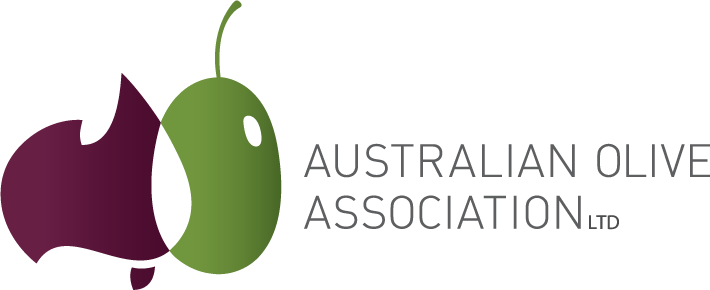Industry News
To search by topic, use the 'News by category' filter. To search by month and year, use the 'News by month' filter.
Californian table olive distributors still have seven million cans in storage despite another disappointing crop in 2011, the head of a state marketing group said. Growers in California ended up with just under 27,000 tons from last year’s harvest, noted Alexander Ott, executive director of the California Olive Committee. That’s a mere drop in the bucket compared to the record 195,000 tons harvested in 2010.
Still, inventories grew from the 5.3 million cans on hand after last season, which is causing the committee to ramp up its marketing programs. The panel is using Twitter and Facebook and attending blogger conferences to younger consumers who aren’t as aware of California olives, even though they’ve long been grown in the state.
Spanish company Genosa has announced that its olive extract Hytolive has received GRAS status following a review by panel of independent experts.
Read MoreSpanish food giant Deoleo – owner of olive oil brands Carbonell, Bertolli, Carapelli, Koipe and Sasso – is back in the black and planning to double its size via growth in emerging markets. After what it described as “a period of instability, profound change and restructuring,” the Madrid-based world leader in olive oil trade booked a net profit of €1.1m for 2011 after a €56.5m loss the year before.
Read MoreDespite budget cuts and the current poor financial climate, Spanish olive oil production in the Baena region of Córdoba has reached record-breaking levels with its last harvest. The Denomination of Origin Baena reported collection of 270 million kilograms of olives and over 57 million kilos of oil, which represents a record harvest for the quality label.
Read MoreJohn Priestley and Hamish Mackay are once again conducting biodynamic workshops in Western Australia, running from 28 April to 14 May. Topics vary and venues include Perth, Cowaramup, Mt Barker, Denmark, Narembeen and Chittering Valley. They will also be in Donnybrook with Brett Kirkpatrick for a two-day biodynamic preparation making workshop on May 12-13.
Read MoreThe Olive Field Day scheduled for 4 May at Yea is not being sponsored by AOA Victoria, as per information provided for the March 30 edition of Friday Olive Extracts. The event is presented by the Italian Chamber of Commerce, Murrindindi Olive Grove and Kingsford Machinery Sales & Service. For more information contact Umberto Frattali on 0418 333 586 or [email protected], or Tom Tigani on 0429 377 886.
Read MorePlaces are still available for the Australian Extra Virgin Olive Oil Savantes Oil Tasting program on 25-27 July 2012 in Melbourne. Established in 2001, the Savantes program gives participants the opportunity to taste some of the best extra virgin olive oils from around the world, developing their oil tasting skills, knowledge and experience. For information about the program, presenters and booking visit www.savantes.com
Read MoreTesting by a NSW laboratory has found some bottles of extra virgin olive oil, sold in US supermarkets, are in fact half canola oil. Adjunct Professor with Australian Oils Research, Rod Mailer, says the testing had to be done at Wagga Wagga because the US didn’t have the right equipment. He says Australia has seen very similar contamination in olive oil imported from Europe. Dr Mailer says that, in two tests, the laboratory found up to 75% of the oil sent from the US would not have passed IOC standards.
Read MoreOlive New Zealand’s 2012 Certification Program is scheduled for release next Friday, April 20, following the next meeting of the Executive on April 18. Full details will be circulated to members shortly afterwards, and also made available on the ONZ website – www.olivesnz.org.nz.
Read MoreAn analysis of the first known public database collecting reports on food fraud and economically-inspired adulteration in the industry has revealed the ingredients most likely to be at the centre of such scams, the US Pharmacopeial Convention (USP) – the organization that created the database — announced. According to the USP’s review of scholarly journal reports, the full results of which were published in the April issue of the Journal of Food Science, the seven ingredients most involved in cases of food fraud are: olive oil, milk, honey, saffron, orange juice, coffee, and apple juice.
Read More